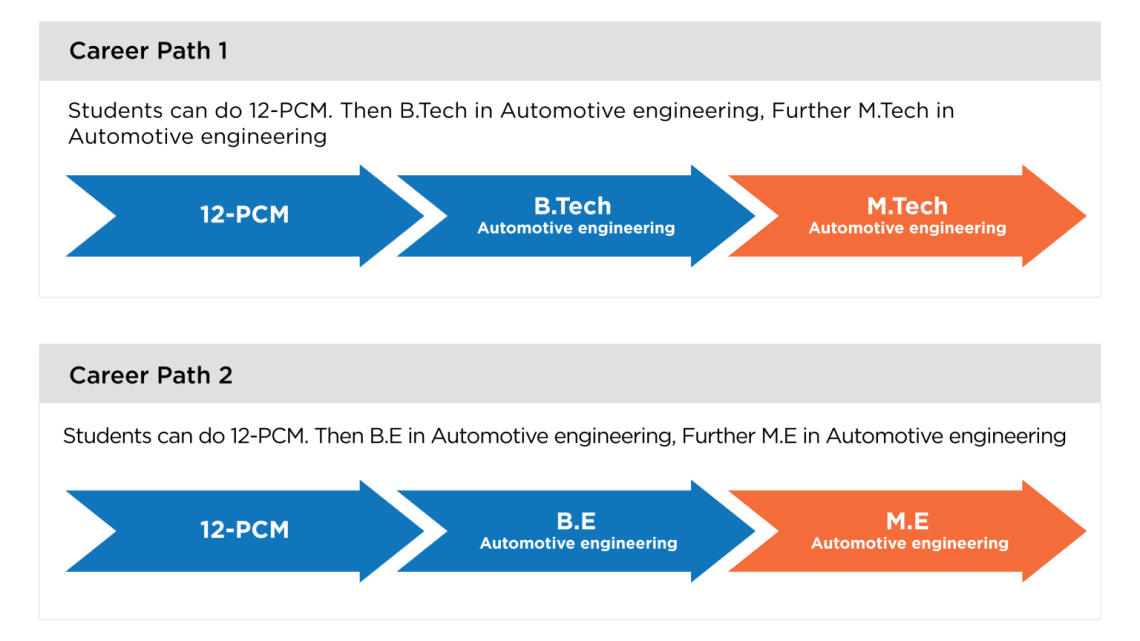What is Automotive Engineering?
Automotive engineering is a fascinating field that blends mechanical, electrical, and computer engineering principles to design, develop, manufacture, and test vehicles and their components. It’s a dynamic industry constantly evolving with advancements in technology, sustainability, and safety. The field is not just about cars; it encompasses trucks, buses, motorcycles, and even off-road vehicles. It’s a challenging but rewarding career path for those passionate about innovation and transportation.
Essential Skills for Automotive Engineers
To succeed in this field, a strong foundation in several key areas is crucial. These skills will help you thrive in the automotive industry.
- CAD/CAM Software Proficiency: Mastering software like CATIA, SolidWorks, and AutoCAD is essential for design and modeling.
- Thermodynamics and Fluid Mechanics: Understanding these principles is vital for engine design and performance optimization.
- Electrical and Electronic Systems: Modern vehicles are heavily reliant on electronics, so knowledge of these systems is key.
- Problem-Solving and Analytical Skills: Automotive engineers must be able to identify and solve complex engineering challenges.
- Communication and Teamwork: Collaboration is essential in the automotive industry, requiring effective communication skills.
Exploring the Automotive Engineering Career Path
The automotive engineering career path offers diverse opportunities. Entry-level positions often involve assisting senior engineers with design, testing, and analysis. With experience, you can specialize in areas such as:
- Engine Design and Development: Focusing on improving engine performance, efficiency, and emissions.
- Vehicle Dynamics and Control: Working on handling, stability, and ride comfort.
- Manufacturing and Production: Optimizing manufacturing processes and ensuring quality control.
- Electric Vehicle (EV) Technology: Developing and improving battery systems, electric motors, and charging infrastructure.
- Autonomous Driving Systems: Working on sensors, algorithms, and software for self-driving vehicles.
Career progression can lead to roles such as project manager, lead engineer, or even management positions. Further education, such as a master’s degree or PhD, can open doors to research and development roles.
Frequently Asked Questions
What degree is required to become an automotive engineer?
A bachelor’s degree in mechanical engineering, electrical engineering, or a related field is typically required. Some companies may prefer candidates with a master’s degree, especially for research and development roles.
What are the salary expectations for automotive engineers?
Salaries vary depending on experience, location, and specialization. Entry-level positions typically start around $60,000 per year, while experienced engineers can earn upwards of $100,000 or more.
What are the best companies to work for in the automotive industry?
Many reputable companies offer excellent opportunities for automotive engineers, including major automakers like Ford, General Motors, Tesla, Toyota, and BMW, as well as suppliers like Bosch and Magna.
How can I prepare for a career in automotive engineering?
Focus on developing strong technical skills, gaining hands-on experience through internships or co-op programs, and staying up-to-date with the latest industry trends. Networking with professionals in the field can also be beneficial.
The Impact of Technological Advancements
The automotive industry is currently undergoing a profound transformation driven by technological advancements. These advancements necessitate a continuous adaptation of skill sets and a proactive engagement with emerging technologies. The integration of artificial intelligence (AI), machine learning (ML), and advanced sensor technologies is reshaping vehicle design, manufacturing processes, and overall functionality. Automotive engineers must possess a comprehensive understanding of these technologies to contribute effectively to the development of next-generation vehicles.
Specific Areas of Technological Impact:
- Advanced Driver-Assistance Systems (ADAS): Development and refinement of systems such as adaptive cruise control, lane departure warning, and automatic emergency braking.
- Connectivity and Telematics: Integration of vehicles with the internet and other devices, enabling features such as remote diagnostics, over-the-air updates, and enhanced navigation.
- Electrification: Design and optimization of electric powertrains, battery management systems, and charging infrastructure.
- Materials Science: Exploration and implementation of lightweight materials, such as carbon fiber and advanced alloys, to improve fuel efficiency and performance.
Navigating the Job Market
The job market for automotive engineers is competitive, requiring a strategic approach to career development. Networking, professional development, and targeted job applications are crucial for securing desirable positions. Attending industry conferences, joining professional organizations such as the Society of Automotive Engineers (SAE), and participating in online forums can provide valuable networking opportunities and insights into the latest industry trends.
Strategies for Success:
- Tailor Your Resume: Customize your resume and cover letter to highlight the specific skills and experiences that align with the requirements of each job application.
- Develop a Strong Online Presence: Create a professional profile on LinkedIn and showcase your skills and accomplishments.
- Practice Your Interview Skills: Prepare for common interview questions and practice your responses to demonstrate your knowledge and enthusiasm.
- Seek Mentorship: Connect with experienced professionals in the automotive industry who can provide guidance and support.
The Future of Automotive Engineering
The future of automotive engineering is poised for continued innovation and growth. As the industry transitions towards electric and autonomous vehicles, the demand for skilled engineers with expertise in these areas will continue to increase. Furthermore, the focus on sustainability and environmental responsibility will drive the development of more efficient and eco-friendly vehicles. Automotive engineers will play a critical role in shaping the future of transportation and addressing the challenges of climate change.
The automotive industry is at a pivotal moment, demanding engineers who are not only technically proficient but also adaptable, innovative, and committed to sustainability.
Emerging Trends:
- Sustainable Mobility: Development of electric, hybrid, and fuel cell vehicles to reduce emissions and improve fuel efficiency.
- Autonomous Driving: Advancement of self-driving technology to enhance safety, convenience, and accessibility.
- Connected Vehicles: Integration of vehicles with the internet and other devices to provide enhanced services and improve traffic flow.
- Shared Mobility: Development of ride-sharing and car-sharing platforms to reduce congestion and promote sustainable transportation.






